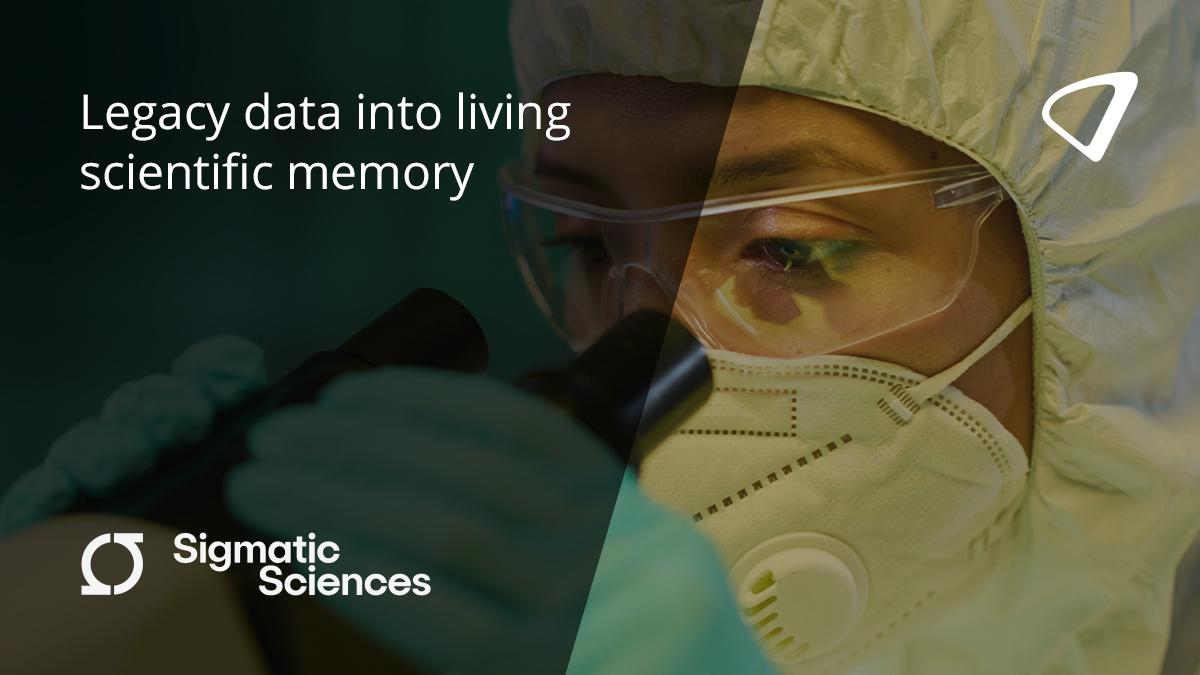GSK first to sign ‘open research’ deal with London’s Crick Institute

GlaxoSmithKline (GSK) is to collaborate with the Francis Crick Institute, a new powerhouse of academic- and charity-funded biomedical research based in London.
The new partnership is expected to begin with a focus on HIV, malaria and cancer, building up to an ongoing 10-15 projects by 2016.
The Crick Institute's new purpose-built labs will be opened at the end of this year, and will bring together under one roof researchers from six separate organisations: the UK government's Medical Research Council, charities Cancer Research UK and the Wellcome Trust and leading universities, UCL, Imperial College and King's College London.
The new building in King's Cross in London will help to break down barriers between the organisations, different disease area research and different research disciplines. This approach, combined with a commitment to share data publicly, exemplifies the 'open research' model now being adopted in early-stage biomedical research and drug discovery around the world.
The research partners have made it clear that they want to work closely with the pharma sector, and now GSK has become the first company to announce an alliance. Researchers from 'The Crick' and GSK will work alongside each other in London and in the pharma company's labs in Stevenage – the academic researchers focusing on advancing knowledge of basic disease biology, and GSK bringing its expertise in targeting these pathways with new compounds.
The co-operation will follow the 'open innovation' model, with findings from the work to be shared with the scientific community via joint publication in peer-reviewed journals.
David Roblin, chief operating officer and director of scientific translation at the Francis Crick Institute, said: "This truly represents a landmark agreement in open science. In the Crick we aim to have industrial scientists embedded in our laboratories and fully integrated with our existing scientific groups."
Roblin said the alliance would help them accelerate breakthroughs in the understanding of human health and disease.
He added: "GSK is an outstanding partner to commence this effort and I am excited to see what we deliver together."
GSK's president of pharmaceuticals R&D, Patrick Vallance, said: "As a company with deep research roots in the UK, we're enormously proud of this country's vibrant biosciences community and the cutting-edge biomedical research that takes place here. That's why we continue to invest a quarter of our R&D spend in the UK and have collaborations in place with some of the country's top research institutions, which rank among the best in the world."
Vallance said GSK was 'thrilled' to be The Crick's first industry partner, and said the collaboration would make the company well-placed to make major advances in understanding of human disease.
GSK and the Crick will contribute in-kind resources, including lab space and the scientific expertise of 20 staff, to the collaboration. GSK will also provide research tools, including access to its non-development compound library, key antibodies, reagents and technologies, which will be used to address key questions in disease biology.
Positive news for wobbly GSK
The announcement is positive news for GSK, which has been on the back foot in recent months, with its commercial and R&D direction being questioned by investors, and has even been mooted as a takeover target.
As the UK's biggest pharma company, GSK was the obvious choice to be the centre's first partner. The inclusion of cancer in the new research partnership suggests GSK's continuing interest in the therapy area, despite its divestment of its marketed oncology portfolio to Novartis. Being first to partner with The Crick also puts it ahead of UK rival AstraZeneca, which has moved its base to the country's leading research hub, Cambridge, and has been busy forging new links with academic and charity-led research in the country, including the MRC and Cancer Research UK.
Related article











